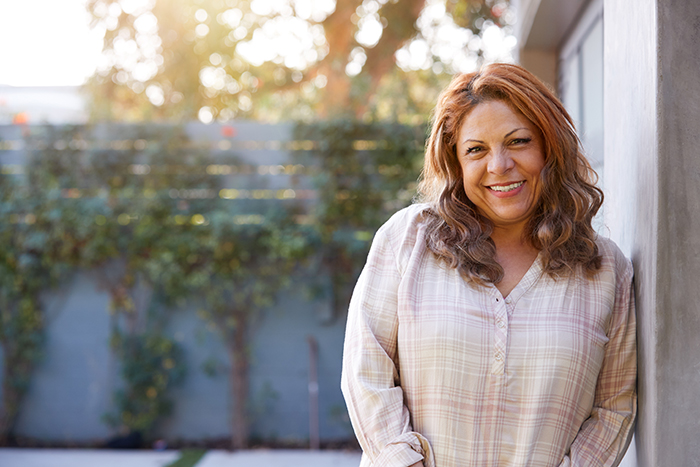Help Seniors Get Their Groove Back Post-Pandemic

Mental health has been a concern for everyone during the COVID-19 pandemic. When you factor in increased risk and heightened isolation, no group has been harder hit than seniors.
According to the Centers for Disease Control, mental health illness rates tend to be higher among seniors – even without the pandemic concerns. Approximately 20% of people age 55 and older have some mental health issue. These are typically related to illness, declining physical health, losing a loved one, and other factors.
Several aspects of the pandemic hit seniors especially hard.
“There were certainly some major issues confronting the elderly during this time,” Stephen McLeod-Bryant, M.D., a psychiatrist at the University of Miami Health System, says. “In particular, the social isolation was a big factor, as well as the fear engendered for being in a high-risk category for COVID-19,” he says. “Some may have lost a partner due to the pandemic. Between the stress, grief, and isolation, it was a lot to deal with.”
In July 2020, a survey from the Kaiser Family Foundation found that 46% of adults age 65 and over experienced pandemic-related worry and stress that negatively impacted their health. That was up from 31% in May. Overall, about 24% of adults age 65 and over in the survey said that they had anxiety or depression in August 2020.
Pull out of the pandemic funk
Now that infection rates are falling and society is reopening, these issues may subside as people resume regular routines. However, Dr. McLeod-Bryant says it may take time to get re-accustomed to daily life, particularly for those struggling with anxiety and depression.
Take it slowly.
The American Medical Association says it’s understandable to have some latent anxiety and hesitancy as things reopen. Considering that, it’s okay to take small steps and increase your comfort level a day at a time. For example, maybe try shopping at the local grocery store when it’s not very busy before moving on to the next step in your journey.
Don’t be hard on yourself.
The pandemic produced all kinds of emotions, ranging from fear to anger to withdrawal from friends and family. As you wander back out into the world, you can’t expect these feelings to subside overnight. Acknowledge them, embrace them, and slowly adjust to the new realities of day-to-day living.
Practice healthy habits.
Dr. McLeod-Bryant says his best bit of advice is to seek out positive, healthy habits that make you feel good – both mentally and physically. Focus on getting regular exercise, eating a healthy diet, resuming your social connections, reducing stress, and getting a good night’s sleep.
Go outside.
“One thing I’ve noticed in my practice is the whole notion of physical activity for the elderly during this time,” says Dr. McLeod-Bryant. “There was a tendency to be safe, isolate, and not leave the house. Fresh air, sunlight, and just spending time outdoors is a significant benefit to mental health.”
Get help if you need it.
Both seniors and their loved ones should be on the lookout for signs of anxiety, depression, or other mental health concerns. Seek help through therapy or other means, if needed.
Withdrawal from friends and loved ones can often be a sign of depression in the elderly, says Dr. McLeod-Bryant. In addition, be wary of increased memory loss and difficulties focusing or concentrating.
Wyatt Myers is a contributing writer for UMiami Health News.
Tags: covid-19 in Miami, elderly, pandemic, reopening, Stephen McLeod Bryant
